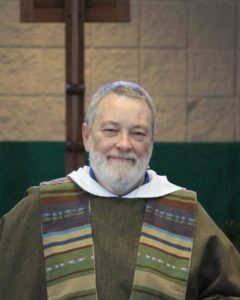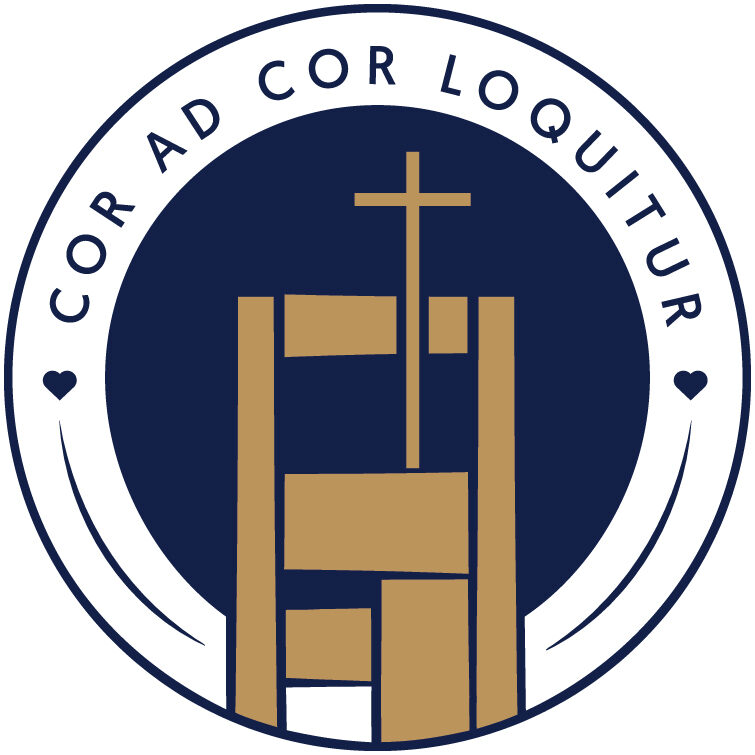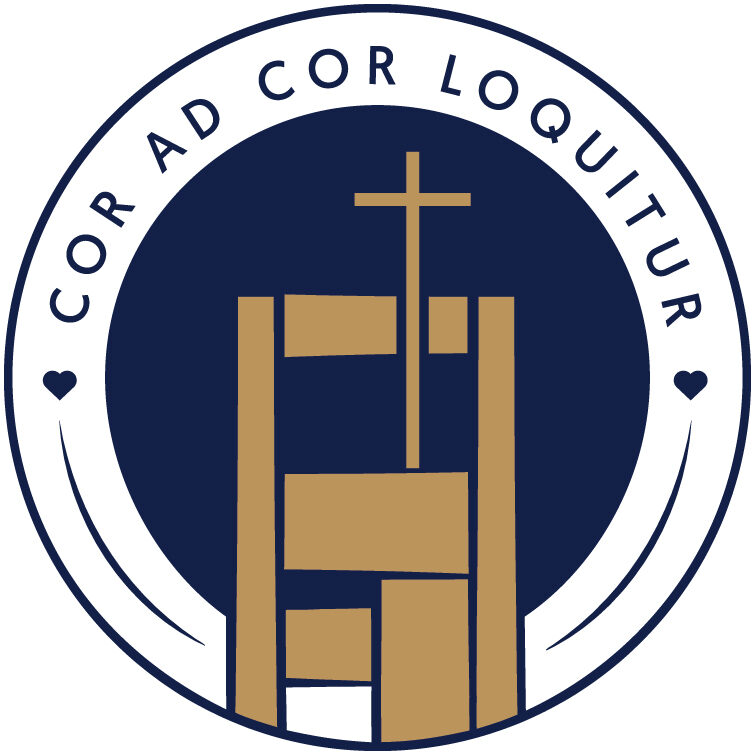 By Fr. Rich, O.P.
By Fr. Rich, O.P.
The midterm elections are upon us. To say that the issues and candidates on the ballots are challenging should be considered an understatement. Those challenges are reflected in the latest “Faithful Citizenship” document from our Catholic bishops. The U.S. bishops have been issuing “Faithful Citizenship” documents, reflecting on election issues, every four years since 1976. The current document was crafted in 2007; a new introduction for it was written in 2011 and some revisions made in 2015. The bishops met in June to begin the discussion that would result in the issuance of the newest version.
A National Catholic Reporter story written June 14, 2018, by Brian Roewe about the meeting offered observations of conversations that reflected the current complex, divisive circumstances that are our political landscapes of today: “Once the proposal opened to debate, disagreement broke out about whether the document, as it stood, still held relevance absent revisions in light of the teachings of Francis and the country’s present political climate.”
The conversations within the meeting reflected the state of the public discourse, with energy flowing from all sides. There was energy to scrap the current document in favor a totally new one, which pushed up against the energy to revise and edit the current document with an eye toward the teachings of Pope Francis.
The outcome of the meeting was to table further discussion until a meeting in the future, with a goal of a final vote on the final product in November 2019.
Regardless of the ongoing conversation and arguments, the USCCB continues to offer some thoughts and points of view for our consideration. The September/October Missouri Catholic Conference published their guide:
Faithful Citizen Election Guide
We vote because we are citizens. But we vote conscientiously because we are people of faith. Our consciences are formed through studying Scripture and the teachings of the Church, examination of the facts, and prayerful reflection.
1) Respect for the dignity of each person is the core of Catholic social and moral teaching. This is our most basic principle.
2) We focus on the common good, not our own personal interests. We ask, how can we make the world a better place? Not, how can I improve my own personal situation?
3) We have a responsibility — a true obligation — to form our consciences and participate in the civic life of this nation.
*Issues that directly affect human lives — such as abortion and euthanasia — are fundamental and demand serious consideration.
*Our Constitution heralds religious liberty in the First Amendment, yet increasingly people of faith are having to fight to retain this basic right.
* There is a move in the nation to redefine marriage. The marriage of a man and a woman is the foundation of the family and an essential core element of a flourishing society.
*The growing disparity between rich and poor means most of the world’s resources are in the hands of a small percentage of its people. The federal budget is a moral document and must prioritize the poorest and most vulnerable among us.
*The millions of undocumented persons living in the United States deserve our compassion. There is an immigration problem, and we need a humane solution to it.
*War, terror, and violence have caused thousands of lost lives. We must work for just solutions to conflict in the Holy Land, throughout the Middle East, and beyond.
Thoughtfully and prayerfully enter into the process of voting. We get to choose whether or not to exercise this right of ours, purchased more than once with the blood of our mothers and fathers, brothers and sisters. If you vote, seek the guidance of the Holy Spirit, the moral and social justice teaching of our Church, and your own heart and conscience. And then, be at peace.

